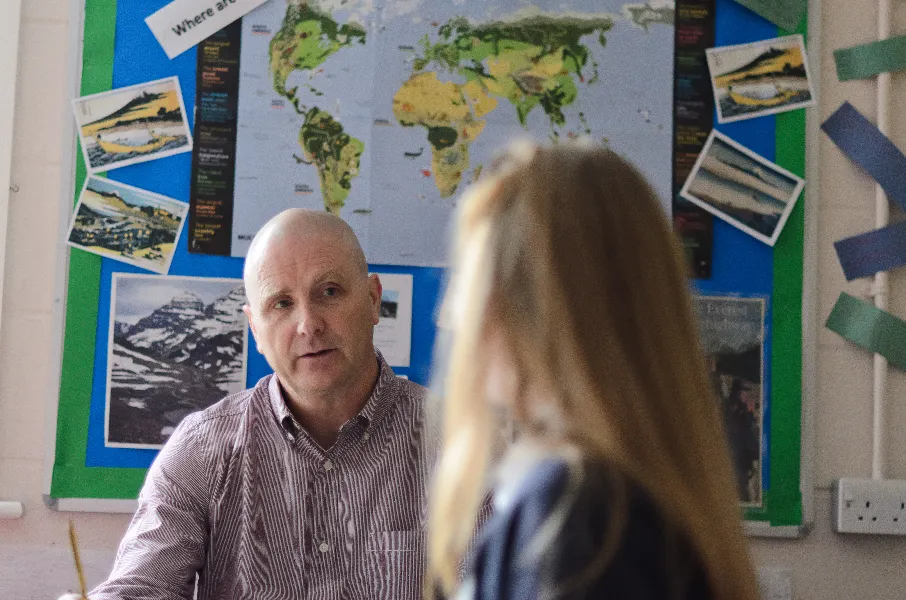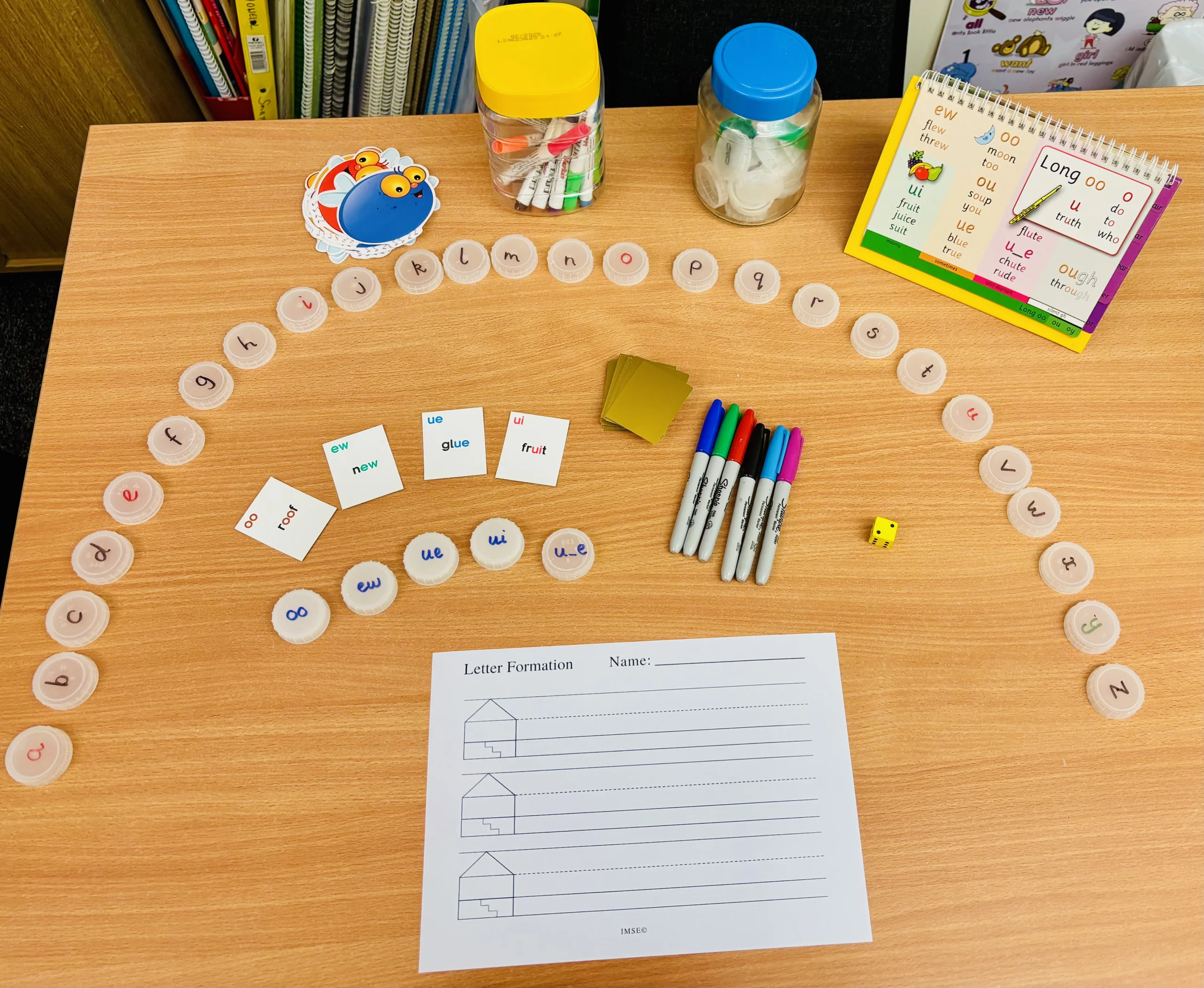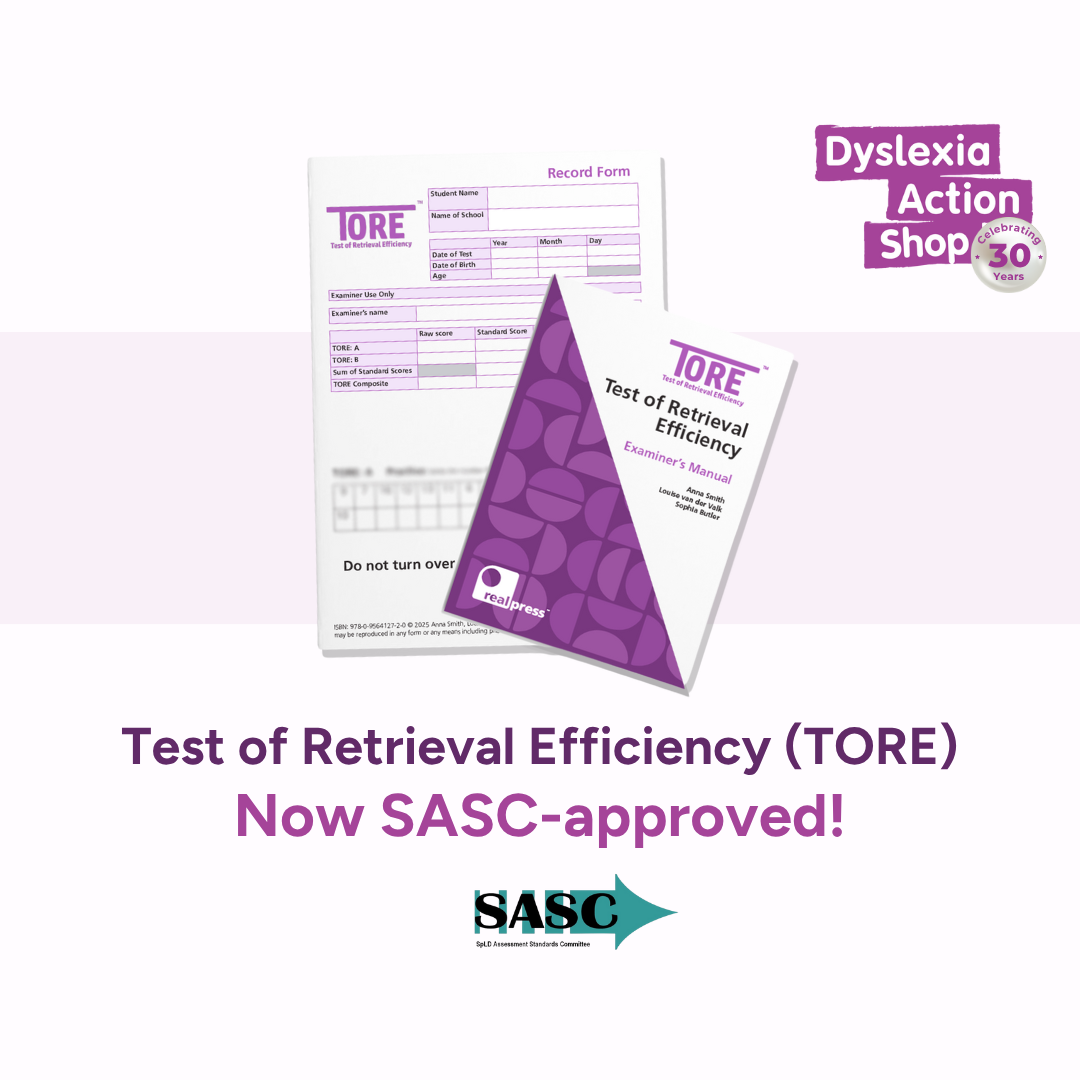Admin |
October 10, 2018
 As you are probably aware, today is World Mental Health Day. Perhaps there are activities in your setting to discuss this and raise awareness of some of the issues – spoken and unspoken – which will affect at least some of the students in your care? According to a study by Green H et al in 2005, one in ten children has a diagnosable mental health disorder. And a more recent study by the Office for National Statistics in 2016 suggested that perhaps unsurprisingly for those on the frontline of education, close to one in four children and young people show some evidence of poor mental health.
As you are probably aware, today is World Mental Health Day. Perhaps there are activities in your setting to discuss this and raise awareness of some of the issues – spoken and unspoken – which will affect at least some of the students in your care? According to a study by Green H et al in 2005, one in ten children has a diagnosable mental health disorder. And a more recent study by the Office for National Statistics in 2016 suggested that perhaps unsurprisingly for those on the frontline of education, close to one in four children and young people show some evidence of poor mental health.
Finding effective strategies, allied to empathy
Clearly, as both an educator and a public servant, your first inclination when working with students with social, emotional or mental health challenges is – quite rightly – to be empathetic.
However, what many educators have told us over the years is that, particularly in this area of need, knowing how to approach these issues is fraught with concern. The fear of inadvertently causing distress through well-intentioned actions is true of everyone in society when engaging with people who are suffering from these challenges, but particularly acute with teachers.
Improved insight giving better outcomes
Allied to working with mental health and medical professionals as part of the teacher’s duty of care, there are also training options available to empower educators with practical skills and knowledge to help make a positive difference to students’ scholastic and life outcomes.
Real Training offers a masters module in Social, Emotional and Mental Health Needs as part of our MEd SEND programme. This 30-credit module (validated by Middlesex University) can be taken as either a standalone module, combined with our Evidence and Pedagogy for Inclusion module to confer upon graduates a postgraduate certificate in SEND: Social, Emotional and Mental Health Needs, or give 30 credits towards a full masters for the module, or 60 when combined with Evidence and Pedagogy for Inclusion.
Whether participants simply want to gain the skills and knowledge from the module itself or make it part of their ongoing progression, our programme is entirely flexible.
What are the benefits of the module?
Full details of the module’s content, outcomes, costs, start dates and more can be found on the Social, Emotional and Mental Health Needs webpage. But the core aspects which make our programmes different are that they’re:
- Delivered and tutored by experts. Our Module Leader, Sarah Norris, is a senior Educational Psychologist who has worked extensively with schools and young people with SEND and specialises in the field of mental health. Sarah is supported by other expert tutors in delivering our module.
- Flexibly delivered, fully online. We know that the life of the educator is extremely busy and unpredictable. So our fully-tutored, online courses have no internal deadlines, so you can work at a pace – and at times – to suit your real life.
- Based on psychology. Real Training is founded and owned by Educational Psychologists, so all of our programmes are based on the latest, and most rigorous, psychological insight.
What are the next steps?
If you have seen enough and want to book your place for our next cohort in January, you can book your place today online. Booking online takes just a couple of minutes, and no payment is needed at this stage.






What do you think?